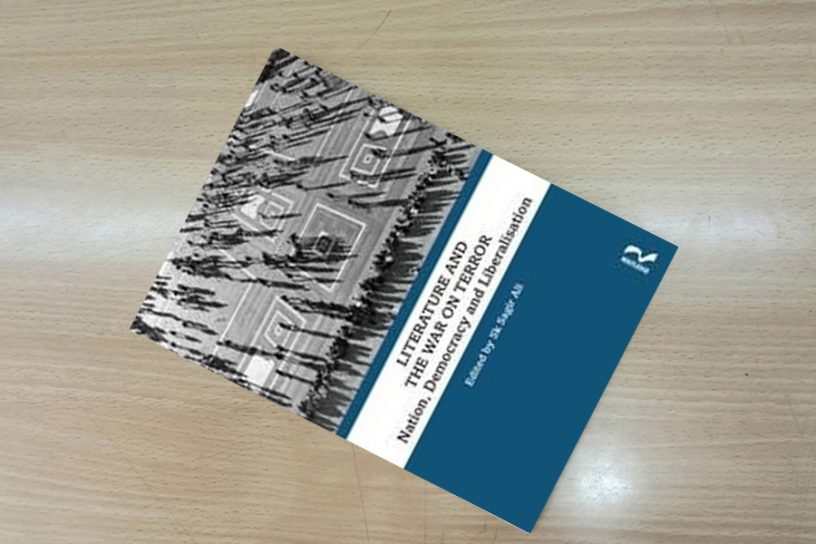
This book chapter is an attempt to theorize counter-globalization movements within the framework of local and nationalist aspirations.
Author
Mosarrap Hossain Khan, Assistant Professor, Jindal Global Law School, O.P. Jindal Global University, Sonipat, Haryana, India.
Summary
In this chapter, I shall argue how the theories of globalization that predicted declining sovereignty of the nation-state is reversed in the wake of the September 11 attack on the World Trade Center in America. The contemporary discourses of security reinvent a reinvigorated nation-state to counter, paradoxically, the growing menace of a global network of Islamic terrorism.
My contention, however, is that the contemporary discourses of Islamic fundamentalism – both by the Islamists and the West – in the context of globalization over-determines the capability of pan-Islamism failing to see how very often the resistance movements in the Islamic countries operate within the local framework of the nation-state.
This chapter, then, is an attempt to theorize counter-globalization movements within the framework of local and nationalist aspirations. Such a theorization, while offering “critical localism” as a resistance to globalization, deconstructs the hegemonic discourses of transnational Islamic fundamentalism, on the one hand, and, the claims of Western economic and cultural globalization, on the other. In my analysis, I shall use America – the geographical, political, and cultural entity – as a shorthand expression for the West.
Published in: Literature and the War on Terror: Nation, Democracy and Liberalisation, edited by Sk Sagir Ali, pp. 104-113
To read the full chapter, please click here.


